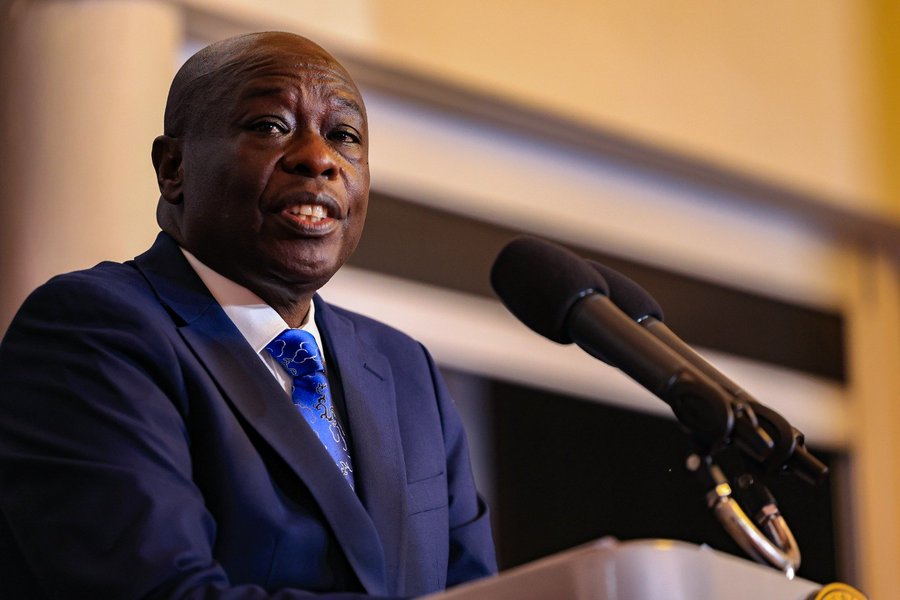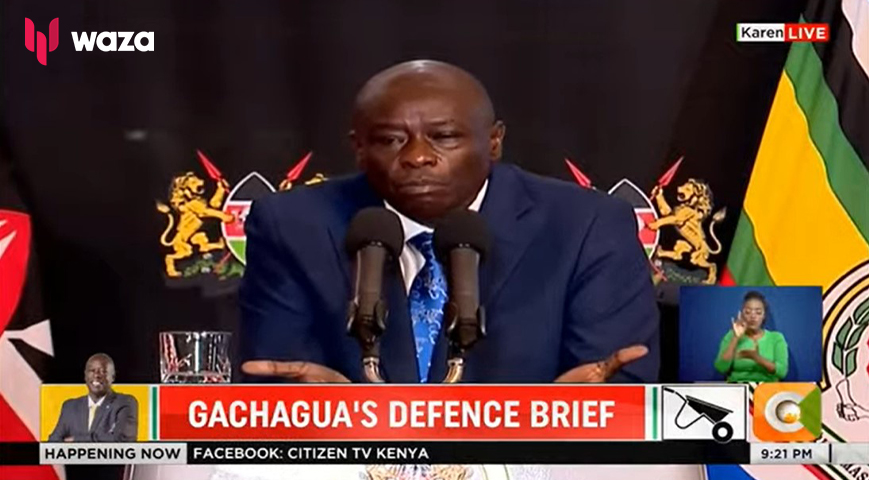After being impeached by the National Assembly, Deputy President Rigathi Gachagua’s fate now rests with the Senate. Starting next Wednesday, Senators will determine whether to uphold or overturn his impeachment, which passed in the National Assembly by a significant majority of 282 votes.
Gachagua will need the support of at least 23 Senators to overturn the impeachment motion. Failure to secure enough votes could result in his removal from office. It remains uncertain whether Gachagua will retain any retirement benefits typically granted to Deputy Presidents and state officers under the Retirement Benefits Act of 2015.
"Gachagua risks losing the retirement benefits of a former Deputy President if removed from office. Impeachment is a form of punishment, and if it’s punitive, you can't expect to enjoy the full benefits, as it would defeat the purpose," lawyer Willis Otieno told Citizen TV.

Did you read this?
However, according to lawyer Charles Kanjama, Gachagua could still be entitled to benefits unless Parliament explicitly passes a motion barring him from receiving them. The Retirement Benefits Act of 2015 entitles retired Deputy Presidents to a monthly pension of 80% of their last salary, a lump sum payment based on the length of service, two vehicles, a fuel allowance, medical coverage, security, diplomatic privileges, and access to VIP airport lounges, among other benefits.
Otieno noted that Gachagua could retain these benefits if he chooses to resign voluntarily before the Senate concludes his impeachment. "The taxpayer will have to shoulder the cost of these benefits if he resigns, as his time in office would be considered a service to the nation," Otieno added.

Kanjama also suggested that removing retirement benefits for impeached officials could be challenged as unconstitutional, arguing that accrued benefits should not be lost based on how someone leaves office, which is not the case for most other employees.
Both lawyers believe Gachagua has a viable legal case if he seeks court intervention, but it may not be strong enough to overcome the political dynamics surrounding his impeachment. "If any part of the impeachment process—from the motion to the trial in the Senate—is found unconstitutional, the whole process could collapse," Kanjama said. Otieno cautioned that courts might avoid involvement, using judicial restraint to steer clear of political disputes.









